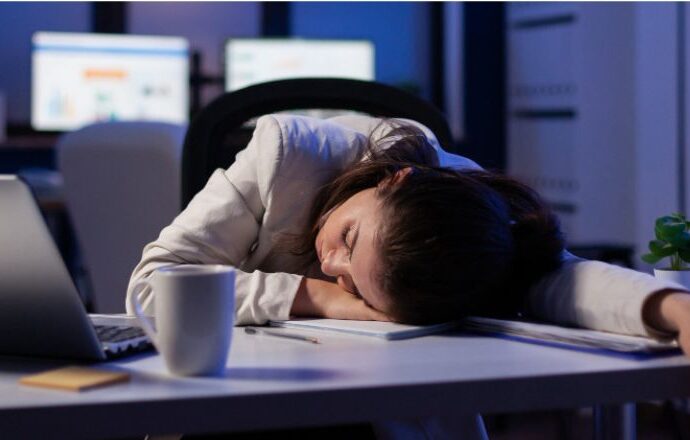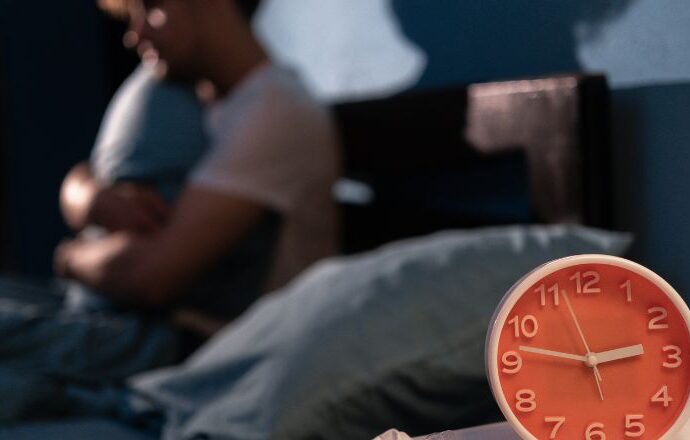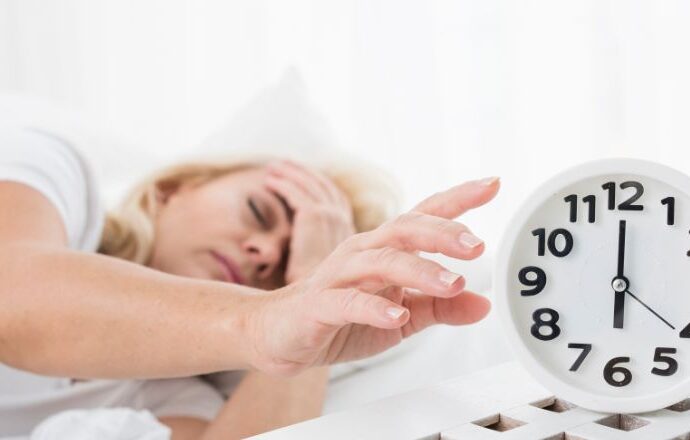Sleeping pills may help when disruptions, travel, or stress keep you awake. If you regularly have trouble either staying or falling asleep, this condition is called insomnia. An underlying cause like a medical condition or a sleep-related disorder, can be found and treated as a much more effective approach than just treating the symptom of insomnia itself. Exercising regularly, sleeping on a regular schedule avoiding caffeine later in the day, avoiding daytime naps, and keeping stress in check also are likely to help. People with certain medical conditions such as liver or kidney disease have risks for older adults. Consult your healthcare provider before trying a new treatment for insomnia.
What are the types of sleeping pills?
There are several types of sleeping pills, each works differently. Some sleep aids cause drowsiness but others silence the area of the brain that keeps you alert. Any adult can purchase OTC sleep medications at a store that contain an antihistamine. Some people take valerian or melatonin supplements to help them sleep. Valerian is an herb that supposedly aids sleep and relaxation. Melatonin is a hormone that promotes sleep in our body. These sleep aids are easily accessible and you should check with your healthcare provider before taking them.
How to take these sleeping pills?
Always take your prescribed medication right before you plan to go to bed. Many patients feel the effects within an hour of their dose. The effect of this medicine is possible the next morning. Generally, prescribed sleeping pills are stronger than over-the-counter ones.
When to try sleeping pills
You can consider these drugs if the sleep problems are affecting your quality of life and nothing else has helped. Doctors should watch you carefully to ensure that the drug is helping and not causing bad side effects. Sleeping pills come in many forms people can buy many of them as over-the-counter pills and as supplements.
Who can take sleeping pills?
Sleep difficulties become more common as you age. When anyone has insomnia or they may have trouble falling, staying asleep, waking up too early, or not feeling refreshed upon waking can take these pills. Sleep aids should be for short-term use. These pills may be most helpful if a stressful life event like a divorce or death in the family, is keeping you awake. Many of peoples do not need sleeping pills to treat insomnia. Lifestyle adjustments like avoiding large meals, alcohol, exercising during the day, and caffeine before bed can often improve a person’s sleep.
Are sleeping tablets good for health?
Sleeping pills are mostly safe, but they have some known side effects, which can pose a risk to your health like non-benzodiazepines and benzodiazepines that can cause daytime grogginess. It can also increase the risk of falls or other accidents. Some non-benzodiazepines are affiliated with complex sleep-related behaviors and are dangerous like sleepwalking and sleep-driving. Overall, the effectiveness and safety of sleeping pills depend greatly on the individual. Sleeping pills are meant for you to reduce the risk of excessive grogginess the next day before a full night of sleep. If it is used incorrectly or by a high-risk group can be extremely dangerous.












Leave a comment
You must be logged in to post a comment.